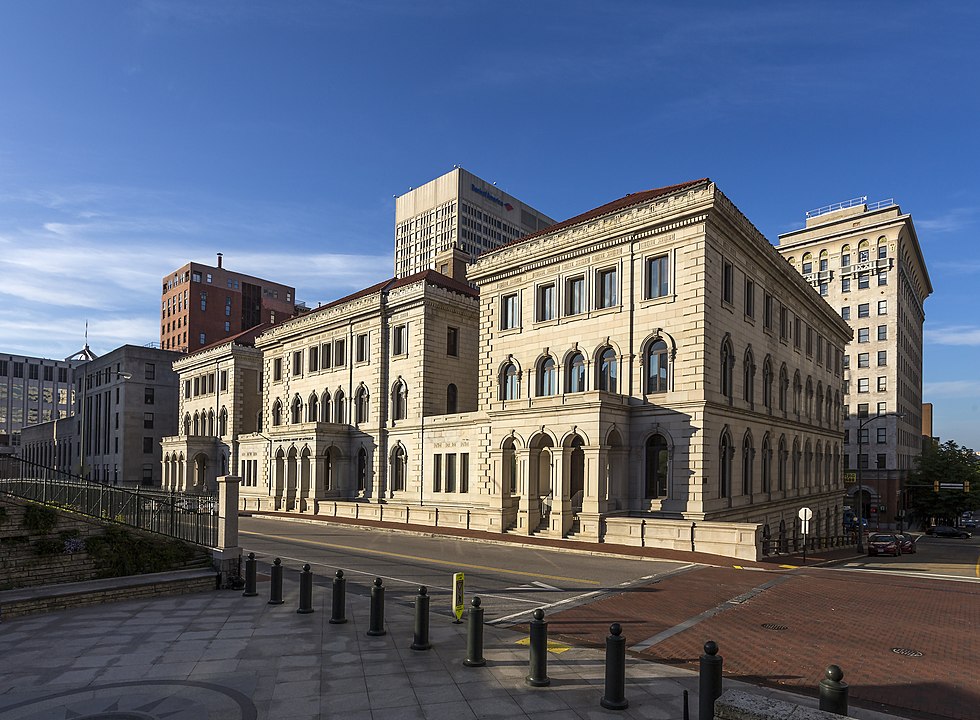RICHMOND, Va. (CN) — The Fourth Circuit heard oral arguments Tuesday in the case of a man accused by the Federal Trade Commission of scamming people into buying lots at a failed luxury development in remote southern Belize.
Andris Pukke filed an appeal with the Richmond-based appeals court after a federal judge in Maryland ordered him to pay more than $120 million in the FTC's civil case over the Sanctuary Belize real estate development. The lower court held Pukke in contempt for violating a settlement agreement in an unrelated case prohibiting him from making misrepresentations while telemarketing.
Pukke, who the FTC calls a "recidivist scammer" living in California, helped established what the agency considers the largest overseas real estate investment scam it has ever targeted. He is even accused of continuing to perpetuate the scam while serving a prison sentence for obstruction of justice after reaching a plea deal in 2010.
In 2018, the FTC filed a federal complaint alleging Pukke and three other individuals, along with corporate entities, took more than $100 million for lots in what they said would become a luxury development in the Central American country. Going back to 2005, they lured consumers by falsely promising that the development would be completed soon and would include luxury amenities, according to the government.
U.S. District Judge Peter Messitte issued an order in 2020 requiring Pukke and other nonsettling co-defendants to pay $120.2 million in restitution.
During Tuesday morning's hearing before a three-judge panel of the Fourth Circuit, Pukke’s attorney, Neil H. Koslowe of Potomac Law Group, contested that no evidence of a settlement breach was given by FTC. Koslowe also questioned the validity of implementing the restitution order so long after the agreement was reached.
FTC attorney Jack Metzler argued that by returning to scamming consumers, this time via telemarketing calls, Pukke had caused the same harm and should have to pay his original fine of $172 million, which was suspended by his plea deal.
U.S. Circuit Judge J. Harvie Wilkinson III, a Ronald Reagan appointee, seemed to agree, but Koslowe argued that the district court did no research into how much money his client had taken from consumers and therefore had no basis for how much Pukke owed the FTC.
Wilkinson disagreed, saying that the process of the court bringing in every consumer who was scammed and individually measuring their damages was not plausible.
Koslowe also argued that it was unfair that the district court froze Pukke’s assets, making it difficult for him to hire lawyers. U.S. Circuit Judge Diana Gribbon Motz, a Bill Clinton appointee, then asked how Koslowe was standing before them, to which the attorney gave no concrete answer.
Pukke has been the subject of lawsuits brought on by the FTC since the mid-2000s. Known as a serial scammer, he was the main target in the Belize investigation.
The conspirators went as far as to advertise the land parcels on Fox News. The pitch to consumers was that resort-style amenities were coming soon to the area, in an effort to trick them into thinking the property's value would grow.
Pukke’s side has argued that the consumers still have value in owning the land, but the FTC disagrees.
“Defendants say over and over that there was value,” Metzler said Tuesday. “A property you can’t sell is not valuable.”
Wilkinson and Motz were joined on the panel by Senior U.S. Circuit Judge Barbara Milano Keenan, a Barack Obama appointee. The judges did not indicate when they would issue a ruling.
Subscribe to Closing Arguments
Sign up for new weekly newsletter Closing Arguments to get the latest about ongoing trials, major litigation and hot cases and rulings in courthouses around the U.S. and the world.









